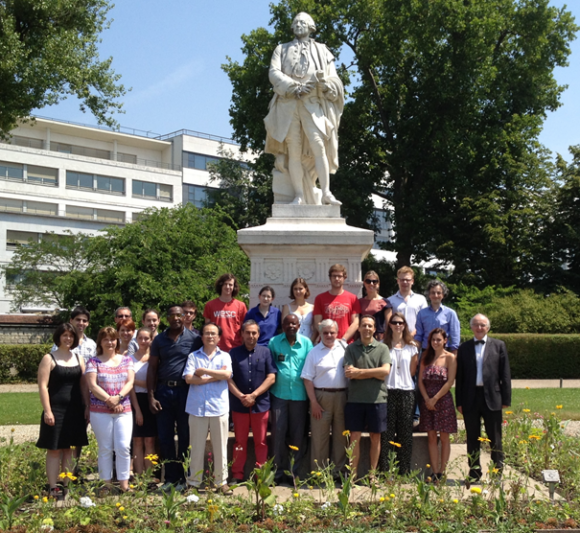
Pharmacology and Technologies for Cardiovascular Diseases (PROTECT)
PROTECT team researches and develops pharmacological strategies and technologies to reduce the consequences of cardiovascular events such as myocardial infarction, heart failure or cardiac arrest. This research is based on an integrated approach that evolves from cellular models to clinical evaluations and in-depth preclinical studies. This translational approach has led to several clinical trials and the transfer of innovations to the industrial sector.

